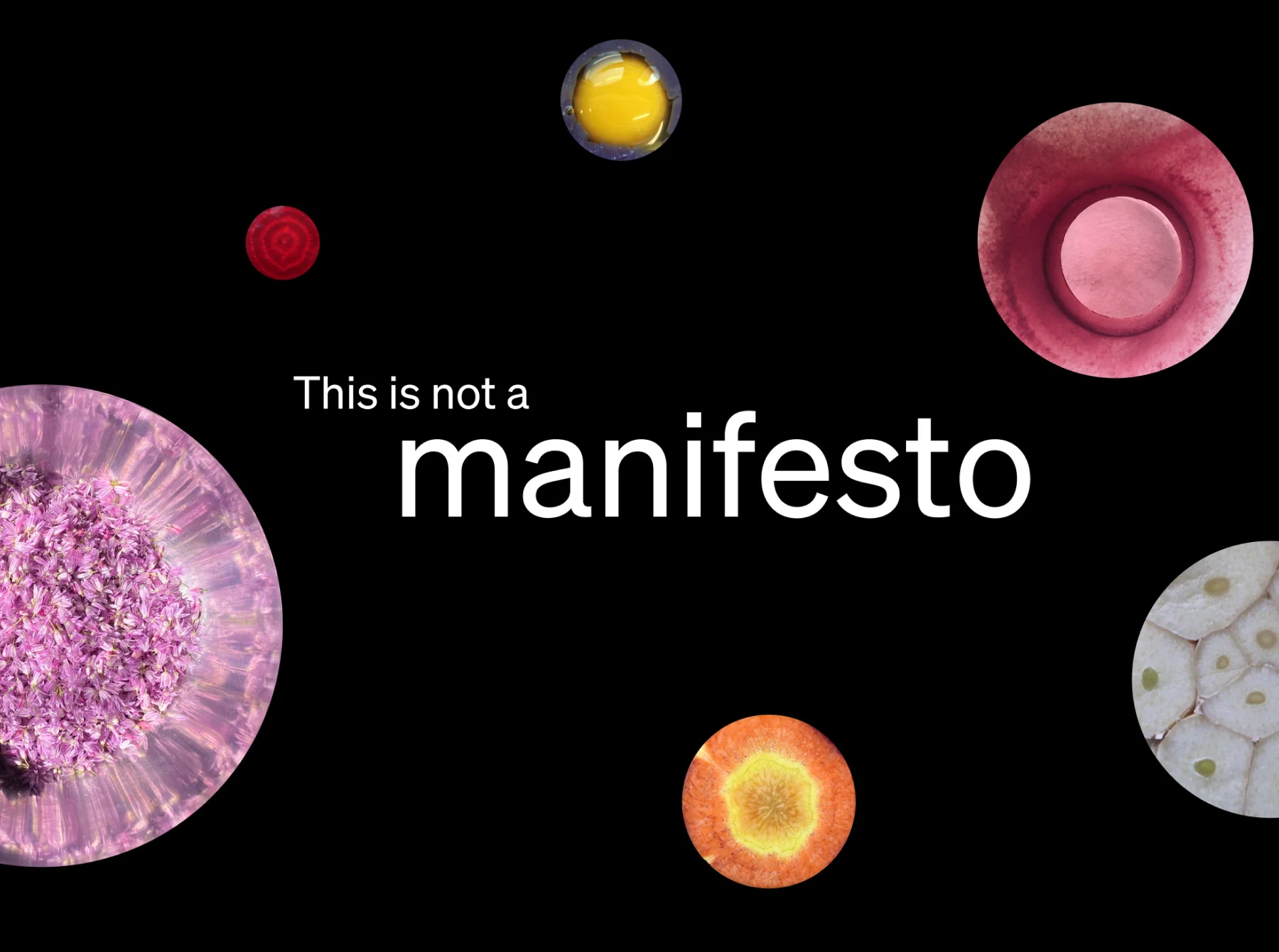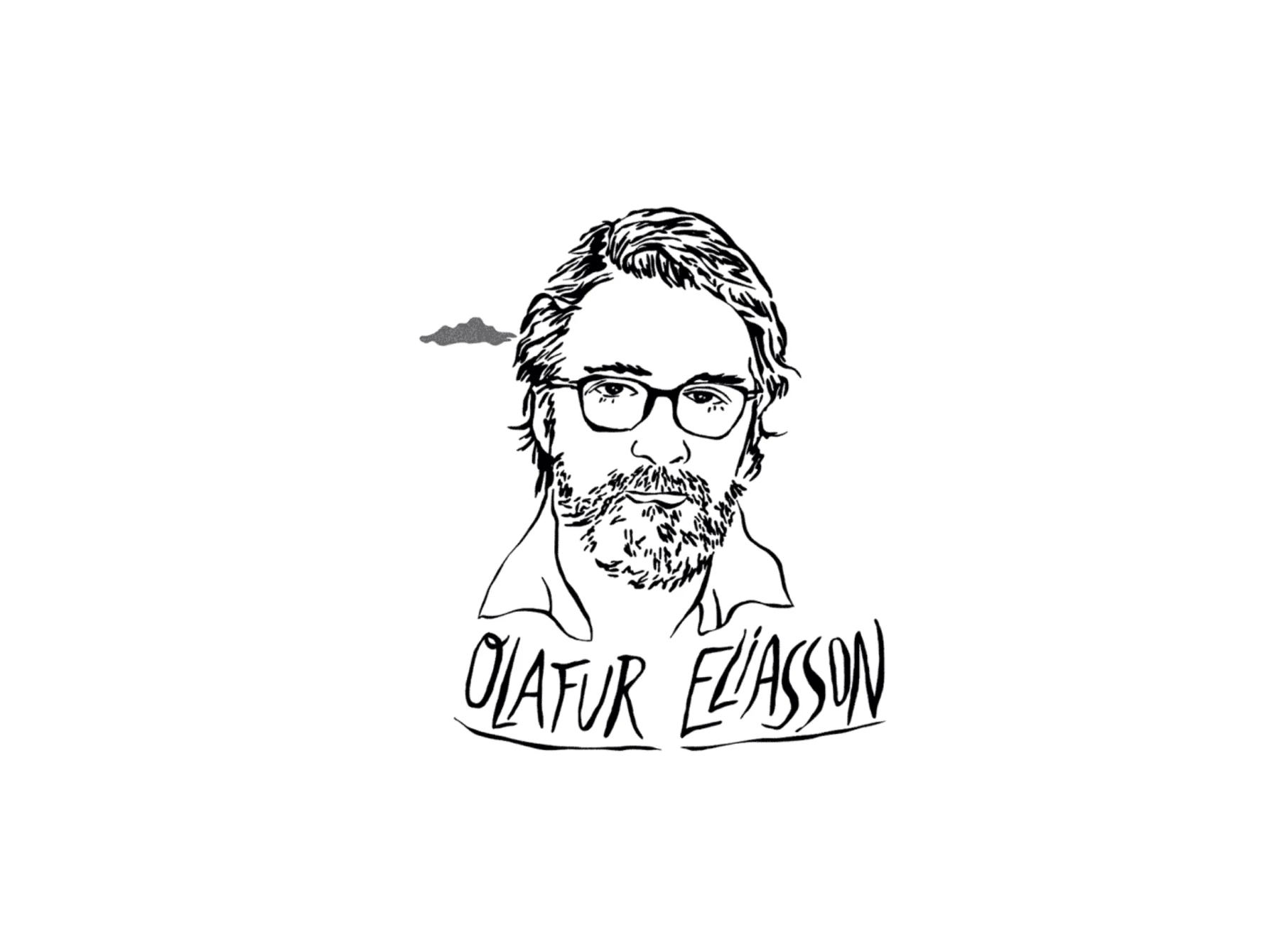

We are excited to announce that our guest curator for 2024 is Olafur Eliasson, the influential artist whose immersive, large-scale work spans ecology, architecture and sensorial perception. What makes Eliasson unique is his ability to awe audiences while raising awareness of urgent issues such as climate change. 2024 is a moment of polycrisis, the artist says, in which the climate emergency is intertwined with racial injustice, economic instability and the digital divide. He elaborates on how to navigate this crucial juncture in his editor’s letter below.
Since the 1990s, I’ve been fascinated by how we perceive and co-create our worlds. As I see it, the world is in fact home to many worlds—a complex pluriverse that shapes our understanding of how we see and connect with ourselves, our environments, and, ultimately, one another.
What’s pertinent to me about this year is the understanding that we live in a moment of polycrisis: the climate emergency is deeply entangled with racial injustice, digital inequality, economic instability, the spread of disease, and more. No crisis can be seen or addressed in isolation from another.
Artists, musicians, writers, dancers, performers—they all give shape to the complexity of our present moment and can speak to us directly as individuals.
The culture sector is, in many ways, a dynamic and unruly presence in our societies. It takes on multiple forms, stretches across time zones and seeps into unexpected aspects of our daily lives. It also provides an alternative space that can host multitudes, despite our differences, and, in turn, inspire us.
Artists, musicians, writers, dancers, performers—they all give shape to the complexity of our present moment and can speak to us directly as individuals. The works of art director Sarah Masete, artist Hadeer Omar, and writer and theorist Neema Githere all address complexity and host discussions that I find deeply inspiring.

Sarah Masete is a founding member of Kilowatt, a Black and queer cultural collective that actively supports communities who are marginalized or overlooked in the city of Berlin. Their unstoppable vitality is a cultural force in the city, and thanks to her and Kilowatt’s direction, their events hold Berlin accountable to the progressive values it claims to hold.
Hadeer Omar’s approach to art making is generous at its core. Her new media artworks and installations demonstrate how art can offer an alternative language for connecting with thoughts that have yet to be verbalized. Her installations, which engage with complex histories and personal narratives, invite deep contemplation in both scale and concept.
Neema Githere’s work ‘explores love and indigeneity in a time of algorithmic debris’. Starting from a position of curiosity as opposed to expertise, they explore some of the pressing questions of our current polycrisis, especially those relating to digital space, the psychology of social media and Afrodiasporic cultures.
I am extremely pleased to work as a guest curator with WeTransfer to further amplify their crucial voices, to spark important discussion and inspire others.







